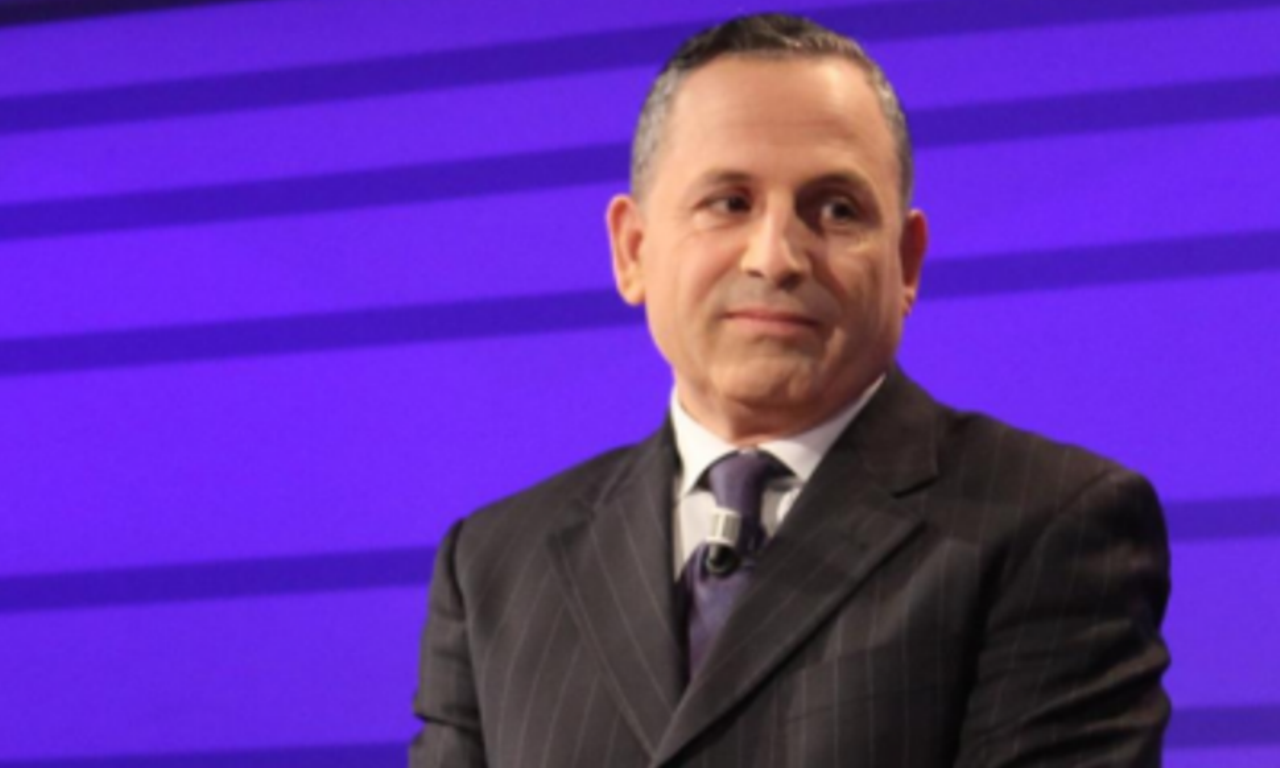
By Roland Qafoku
2010. 2011.2012.2013.2015.2017. We must look for years when we haven’t had floods and not when there have been floods. Albania is paying for what it has done to Mother Nature for 27 years in a row. For what it has done to nature, to land, rivers and lakes. And nature made us pay all of this irresponsibility. In spite of all this rain and the water from these rivers, our politicians continue to do politics. In no other country of the world, politicians appear more than the victims in times of floods. There’s no other country in the world where politicians speak from morning to evening, to publicly declare that nature is responsible for every circumstance, every situation and every detail, but they are like Zeus. They defeat nature and they are the savior. The floods taken place in the recent years are enough to confirm that politicians have used these situations for political gains. This is what Edi Rama, leader of the Socialist Party, used to say in 2010 in the first big flood ever happened in Albania. At that time, his party was in opposition.
“Floods in Shkodra are a clear reflection of Prime Minister Berisha’s government. The government did not take adequate measures to prevent these floods. Floods do not come as a result of natural disasters, they are not the act of God. They happen because there has been no intervention on embankments. It was painful and ridiculous to see the deputy minister of Culture in Torrovica. Albania is not being governed, because this country doesn’t have a government in office. Instead, it has a gang of bandits. The government has concealed the real damage”.
(February 2010, Edi Rama, chairman of the Socialist Party commenting the floods in Shkodra in 2010)
This is how Prime Minister Berisha reacted following Edi Rama’s accusations
“From 2005 until 2013, in every flood taken place in Gjirokastra, Korça, Fier, Vlora, Laç, Lezha, Shkodra, the state of civil emergency was declared and everyone was compensated. Out of all these areas, Shkodra was flooded three times and the people whose houses were flooded, were compensated in all three cases like never before. But, in the third flood, the government could only pay out a part of the amount, as it could not pay the other part. Therefore, this amount was owed by the government. For this outstanding debt, the government gave people a document showing that the government owed them. Why? The laws of this country and the law on dams which authorizes the owner of the dams to open the gates in case of danger and flood the area under the dam. In this case, KESH, as owner of the dam, has the duty to compensate for all the damages caused by the flood. At that time, KESH had much financial compensation to make. In 2013, as soon as KESH’s financial situation was improved, the government asked KESH to start the compensation of the flooded people and this was done. After coming into power, Edi Rama did not force KESH to pay out the victims of the floods and continued to lie”. (Sali Berisha, Prime Minister, 2005-2013)
It seems that the floods that happened on 30th November and on 1st and 2nd of December this year saw another political approach, however, politicians were nonetheless involved in the debate. Lulzim Basha’s request to suspend Thursday’s session in Parliament in order for the government to manage the situation, needs to be praised. However, after he went out to inspect the situation in the ground, even Basha had to use political tones.
“I call on Edi Rama to meet the residents of these areas, help them with food, clothes and accommodation. In Fushe-Kruja, I had the chance to thank the soldiers and police officers who have sacrificed so much in the past three days to save people’s lives”. (Lulzim Basha, 1 December 2017)
And Prime Minister Rama responded in a unique way too. Perhaps, aware of the fact that Basha is not doing what he did when he was in opposition, Rama thanked him and somehow went out of the long tradition of Albanian politics. This is what PM Edi Rama wrote about the chairman of the DP, Lulzim Basha:
“Each one of us may perform good deeds and when someone does a good deed, however small or big it is, he must be thanked and be respected for that deed, regardless of our disagreements in the day to day life”. (3 December 2017, Edi Rama, Prime Minister)
Are we seeing a different way of doing politics between leaders Rama and Basha, different to the one that Sali Berisha and Fatos Nano did? Or is form the only thing which is different, because the content of the conflict is the same? It would be such a good thing if things had really changed, but we all know that this isn’t the case. Perhaps the form. Maybe Rama’s experience is dictating Basha to behave a little different, but let us rest assured that the Prime Minister is interested on having a quiet opposition and the head of the opposition is interested on having a majority that consumes itself. And this brings us to the dilemma: Would we be better off if we had the same style that was followed by Berisha and Nano or are we better off with the style being followed by Rama and Basha? The answer is simple: Floods come and go, the “campaign” goes on.
Note: The views expressed in this article are the author's own and do not necessarily reflect Albanian Free Press’ editorial policy




 ALB
ALB
 ENG
ENG
